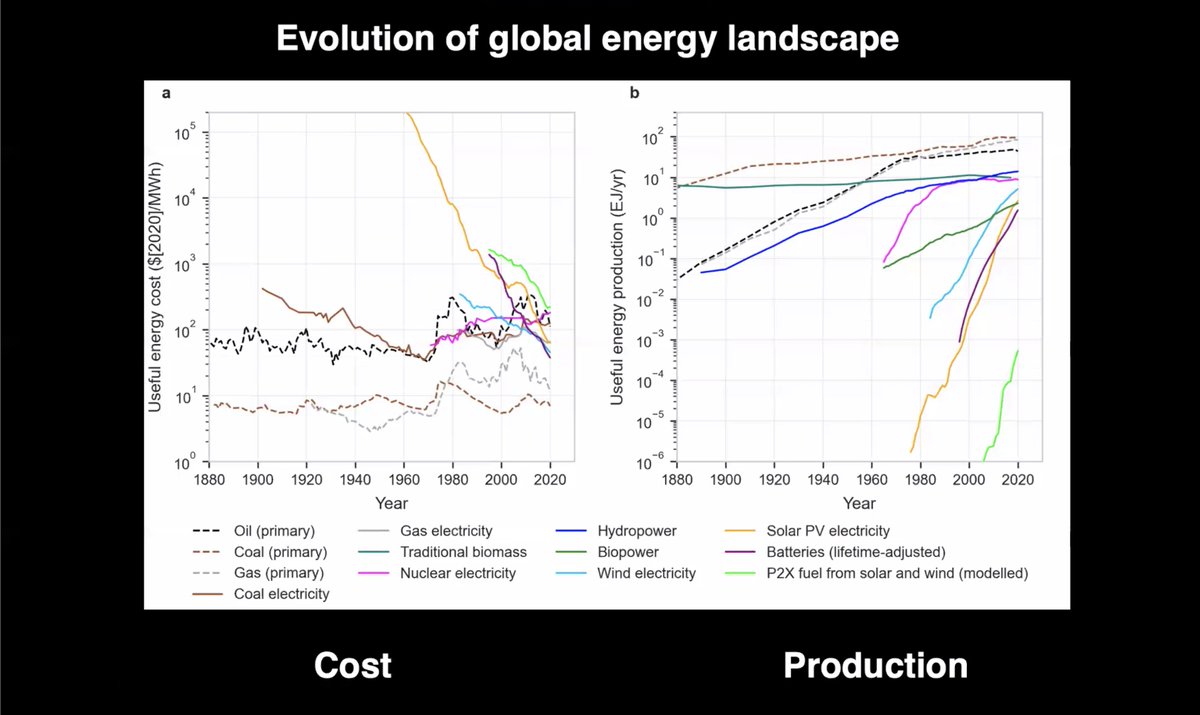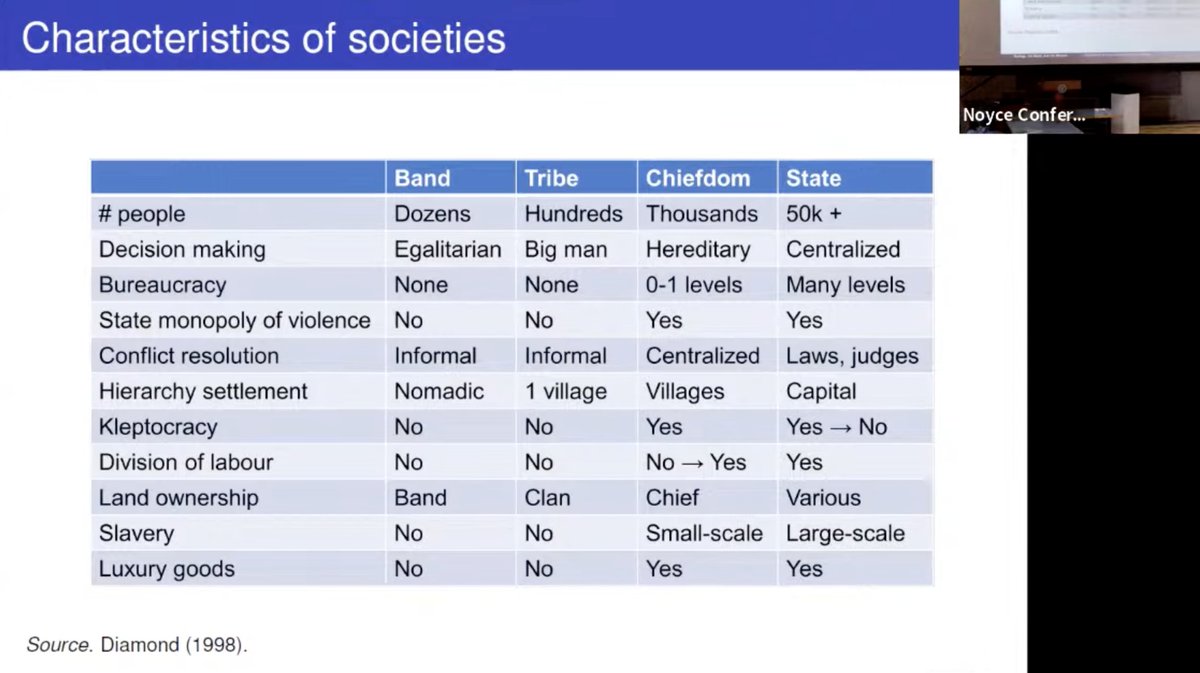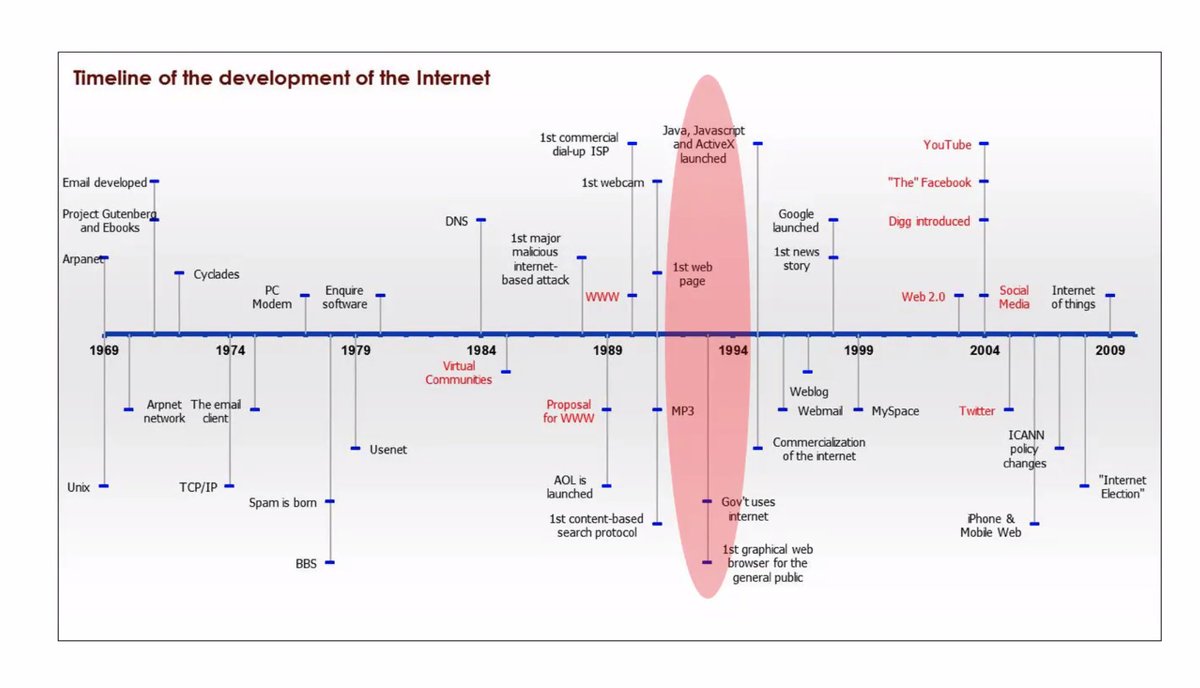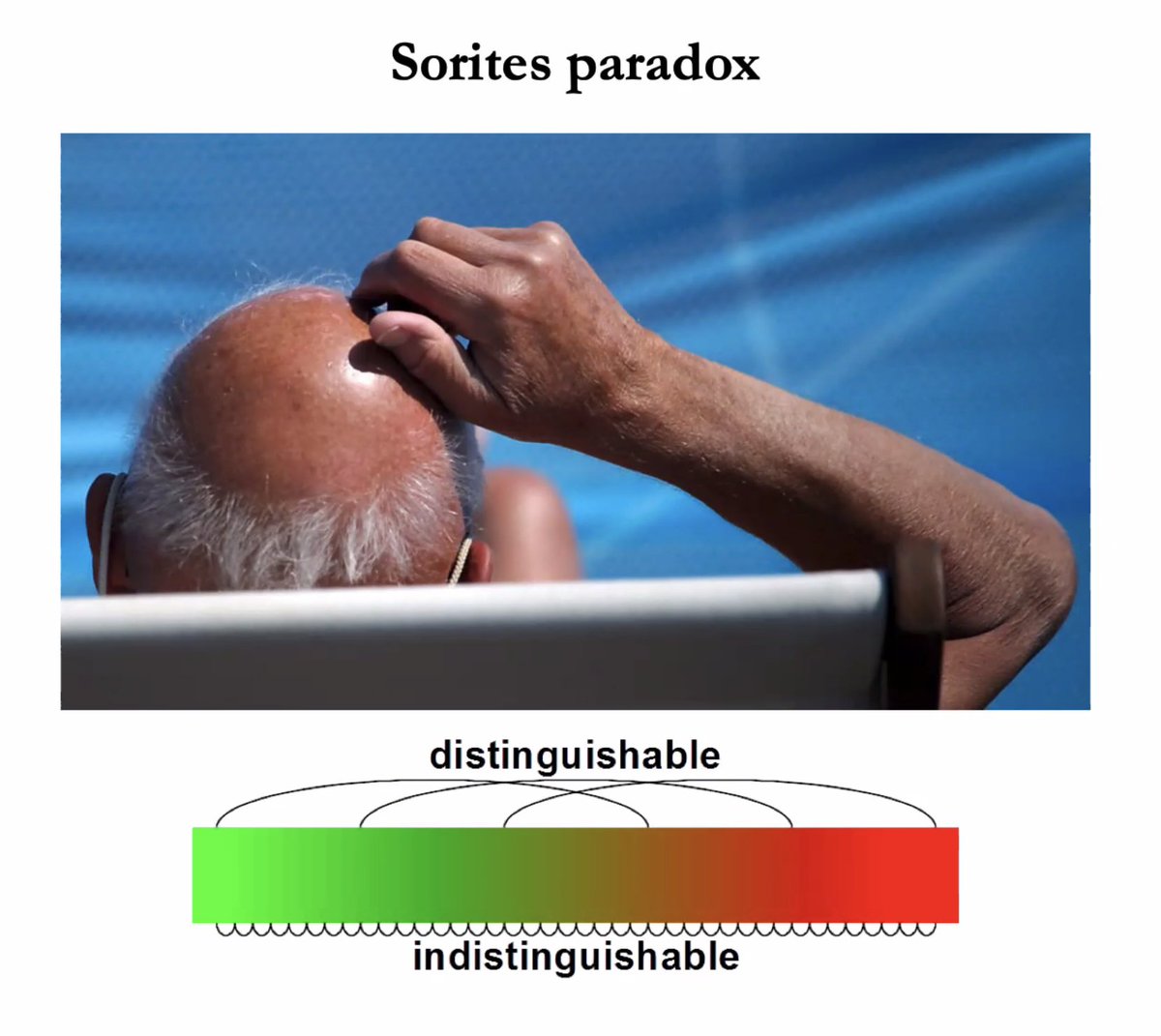
"The key question around the #GreenEnergy transition is technological progress, and which technologies would improve..."
- SFI Prof J. Doyne Farmer (@INETOxford)
Follow this 🧵 for insights from today's seminar, streaming now on our YouTube channel:

- SFI Prof J. Doyne Farmer (@INETOxford)
Follow this 🧵 for insights from today's seminar, streaming now on our YouTube channel:

"We're tracking the evolution of the global #energy landscape over about 140 years: which source is providing our energy, and how much is it providing us with?"
- SFI Prof J. Doyne Farmer (@INETOxford)
Speaking now:
#Solar #Wind #Nuclear #Oil #Gas #Coal

- SFI Prof J. Doyne Farmer (@INETOxford)
Speaking now:
#Solar #Wind #Nuclear #Oil #Gas #Coal


"#FossilFuels cost about the same now as they did a century ago. #Renewables have been dropping in price at rates of about 10% a year and deployment has been shooting up at about 30% a year, and this has been continuing for several decades."
- J. Doyne Farmer (SFI, @INETOxford)
- J. Doyne Farmer (SFI, @INETOxford)

"Some products, especially computers and electronics, go down in price by as much 15% per year every year since the 1950s. How can we make use of this [kind of observation] to understand the future of [#CleanEnergy]?"
- J. Doyne Farmer (SFI, @INETOxford) re: #WrightsLaw

- J. Doyne Farmer (SFI, @INETOxford) re: #WrightsLaw


"I asked #KenArrow, 'I would like examples of empirical regularities that are predicted by economic theory.' He said, 'Here's a good one. It's not really predicted by economic theory...'"
- J. Doyne Farmer (SFI, @INETOxford) re: #WrightsLaw
- J. Doyne Farmer (SFI, @INETOxford) re: #WrightsLaw

@INETOxford "The data's not great, but there are 50 technologies here, which is enough to pretend to be at a given time in the past & then forecast each 'future' date. We tested 7 different models & showed #WrightsLaw tied #MooresLaw on that data set."
- J. Doyne Farmer (SFI, @INETOxford)

- J. Doyne Farmer (SFI, @INETOxford)


"We're predicting the change in cost from the change in cumulative production. We showed a lot of predictions in that flavor and showed it's roughly [the same as] #MooresLaw. And based on the noise, you can predict the accuracy of your predictions."
- J. Doyne Farmer

- J. Doyne Farmer


"One of the things you see empirically is lots of 'wiggles'; there tend to be a lot of 'wiggles' in the future, too, [but] we're still within the error bars we predicted."
- J. Doyne Farmer on the predicting the evolution of #SolarEnergy #Technology

- J. Doyne Farmer on the predicting the evolution of #SolarEnergy #Technology


"Oil extraction technology has gotten better over the last century, but oil has become more difficult to extract, so they cancel each other out."
- J. Doyne Farmer
- J. Doyne Farmer
"Here are examples for what we think will likely be the four key technologies in the #GreenEnergy transition."
"We predicted in 2010 that solar would become cheaper than coal & gas, & [it did]."
- J. Doyne Farmer (SFI+@INETOxford) on #Solar, #Wind, #Batteries, & #Electrolyzers

"We predicted in 2010 that solar would become cheaper than coal & gas, & [it did]."
- J. Doyne Farmer (SFI+@INETOxford) on #Solar, #Wind, #Batteries, & #Electrolyzers


"We put anchor points in the predictions and see them going forward. ALL of them didn't predict costs [of #Solar] going down as fast as they did. They could have just put the past curve on paper."
+
"We have never seen any evidence for floor costs, but they put them in anyway."
+
"We have never seen any evidence for floor costs, but they put them in anyway."

"We made conservative projections. We did not forecast deployment. And we don't assume, as all these other models do, that we manage to get more efficiency or use less energy; we assume energy use continues to go up 2%/year, as it has for the last 50 years."
- J. Doyne Farmer

- J. Doyne Farmer


Three scenarios for the #CleanEnergy transition:
"We don't specify [the reason] that the use of #FossilFuels goes down. We just use costs."
- J. Doyne Farmer (SFI, @INETOxford)

"We don't specify [the reason] that the use of #FossilFuels goes down. We just use costs."
- J. Doyne Farmer (SFI, @INETOxford)


"If we just extrapolate this curve, #solar and #wind take over in less than a decade. The push you make when the naysayers say, 'Solar is only 3%' is, 'Just wait a few years.'"
- J. Doyne Farmer
- J. Doyne Farmer

"The fast transition is saving us $17.5T relative to NO transition, at ANY discount rate."
- J. Doyne Farmer
- J. Doyne Farmer

"In a traditional investment portfolio, they assume that the things you're investing in have no effect on the other things. They say you should always diversify. But if you're dealing with #WrightsLaw you want to pick a few baskets, 4 or 5 or 6, & put your eggs in THOSE baskets." 

"All we have to do is keep with the existing trends for the next decade and we'll have dealt with 75% of #ClimateChange. What's blocking improvement is grid capacity. There are some bottlenecks but they're [technologically speaking] relatively small."
- J. Doyne Farmer
- J. Doyne Farmer

"Petrostates are going to collapse in the 25 years. We're going to face a lot of transition risk; I think it's actually bigger than climate risk."
- J. Doyne Farmer (@INETOxford, SFI)

- J. Doyne Farmer (@INETOxford, SFI)

For more on "How Can #ComplexityEconomics Give More Insight into #PoliticalEconomy?" — the recent SFI working group co-organized by J. Doyne Farmer (@INET_Complexity) & @EricBeinhocker, read on:
santafe.edu/news-center/ne…
(Then listen to their recent episodes of #ComplexityPodcast!)
santafe.edu/news-center/ne…
(Then listen to their recent episodes of #ComplexityPodcast!)
• • •
Missing some Tweet in this thread? You can try to
force a refresh

























